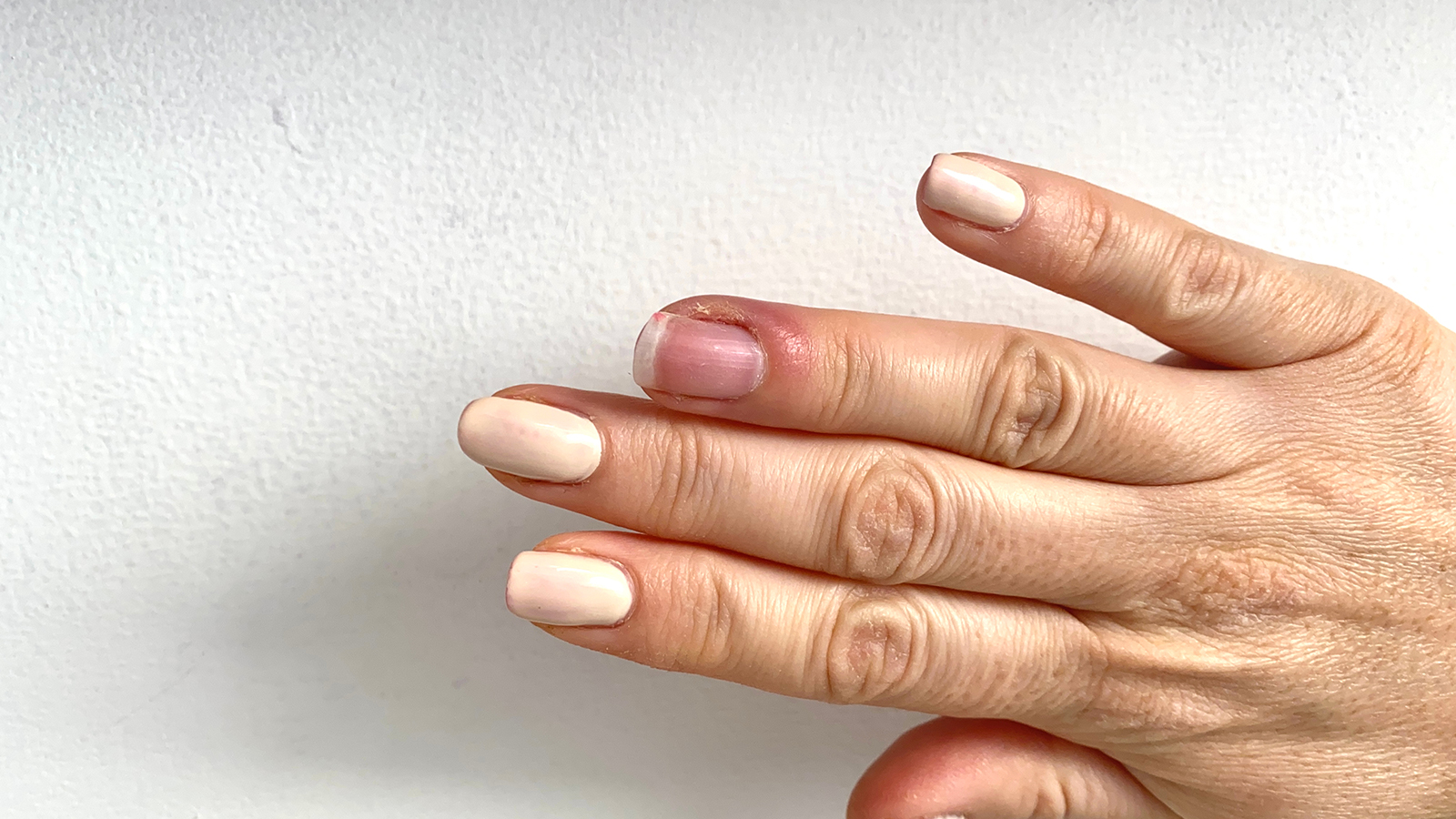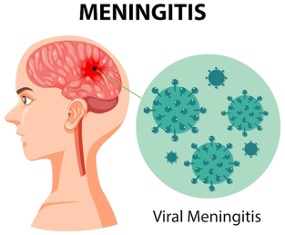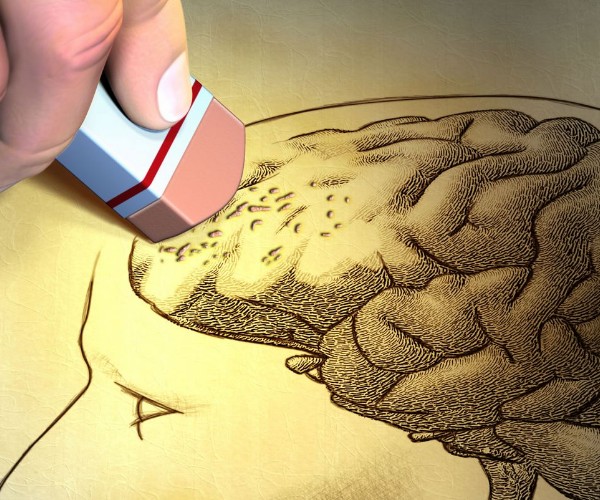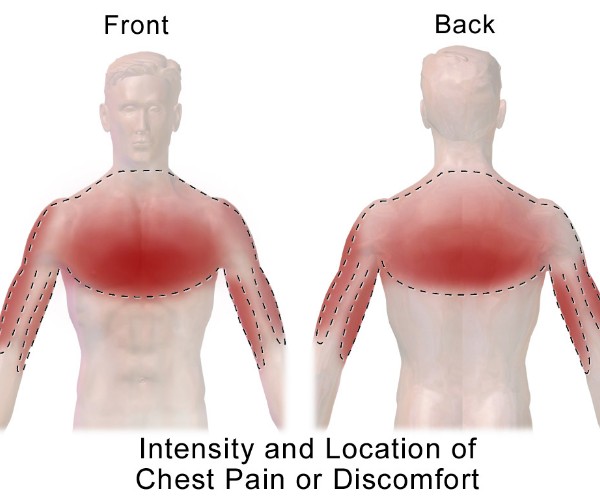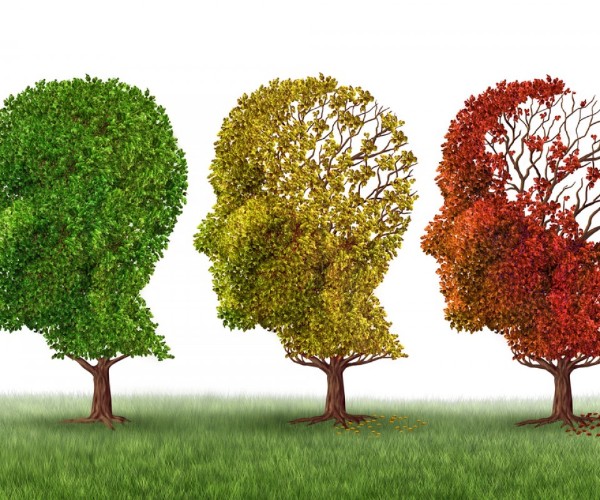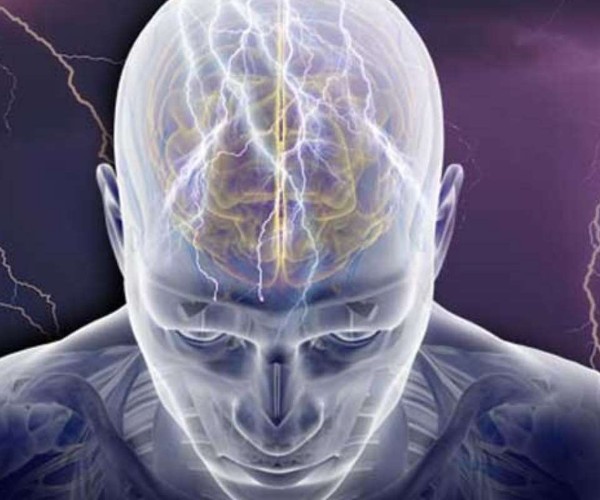There are many articles and essays suggesting connections between social media use patterns and various forms of mental illness, but today it appears that these same sites can be used to diagnose certain cases of depression early , even before those suffering from it seek clinical attention.
Researchers at Stony Brook University and the University of Pennsylvania have developed an algorithm that analyzes the language used on Facebook to predict a user’s diagnosis of depression.
“What people write on social media and online captures aspects of life that medicine and research find difficult to access by other means;- said one of the authors, Andrew Schwartz – it is a relatively unused dimension to the biophysical markers of disease, yet people suffering from anxiety, depression, or post-traumatic stress disorder leave many signs of their condition in the way they express themselves through digital media.”
Thealgorithm, described in a paper published in Proceedings of the National Academy of Scientists, was created using 524,292 Facebook updates, some of which were from individuals who were later diagnosed with depression. Researchers identified the most frequently used words and phrases and classified them into 200 categories to identify so-called “linguistic markers associated with depression.”
To validate the effectiveness of the software, the researchers then analyzed the content and frequency of the posts of 683 Facebook users; of these, 114 had already been diagnosed with depression, and the algorithm was able to identify them through language markers. Reportedly, people with depression are more likely to use pronouns referring to their own person, such as I, my or me, and words expressing sadness(tears, crying, sorrow), loneliness(lack, much, child), anxiety (fear, upset, worry) and hostility.
Eichstaedt JC et al. Facebook language predicts depression in medical records. JAMA Dermatol. 2018 Oct 17. Proc Natl Acad Sci U S A. 2018 Oct 15.








